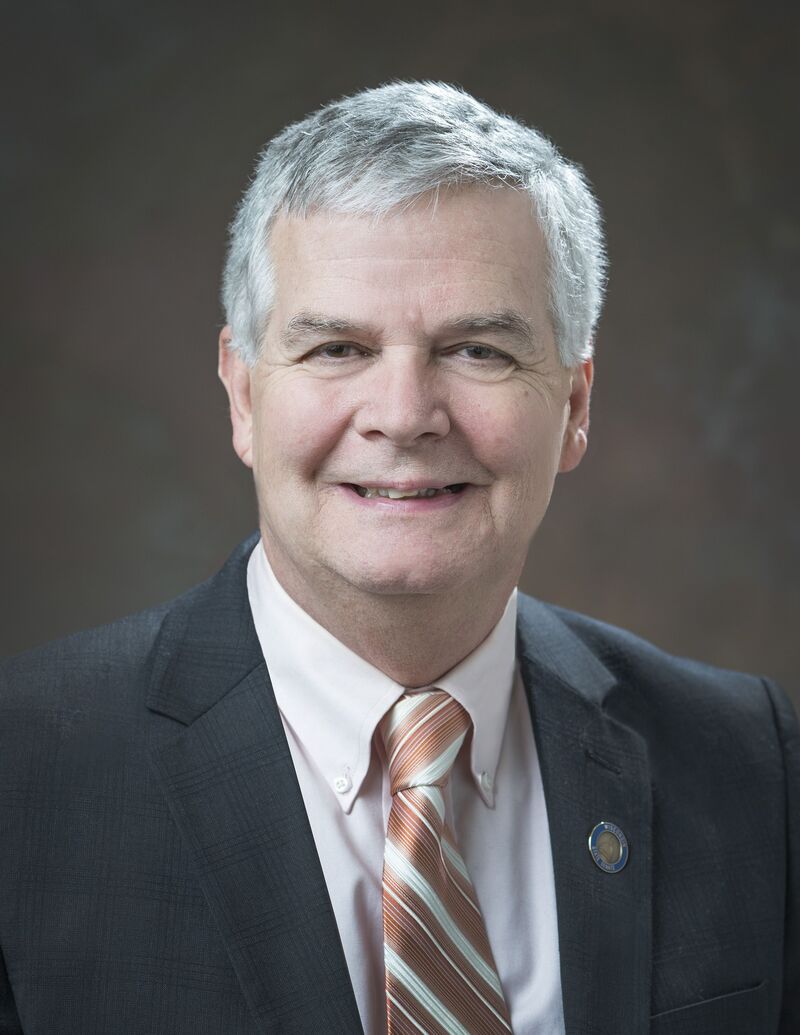Growing old is an inevitable part of life. When it comes to aging, we can’t help but wonder where we’ll live when we retire, the quality of life we’ll have and how we’ll stay healthy. While most of us want to remain in our homes for as long as possible, aging in place is almost a must for farmers in rural Wisconsin.
Last week, I participated in a webinar about aging on the farm in rural Wisconsin. We learned about the unique challenges farmers face when it comes to aging, compared to older adults in other areas of the state.
Farmers have to be more than just an agricultural expert. They must be efficient in welding, woodworking, plumbing, machine repair and more. Farming is so multi-faceted that it’s hard for a farmer to imagine why they need a hobby. Even between planting and harvesting, there’s always plenty of repair work, while advising and supervising the next generation of farmers. This explains why farmers never really retire.
Farming families take pride in how many generations have grown up and continued the legacy of farming. I recently saw a report on television about a dairy farmer named Mr. Anderson who was ending his business after five generations. When asked what he’d do next, Mr. Anderson said he’d have to figure it out.
Like Mr. Anderson, when there isn’t that next generation ready to take over, there comes a time when a farmer is forced to make the tough choice and sell their equipment, land and other assets.
Often, even after selling assets, a farm couple will stay in their home and lease out the land. That way, they can age in place on their own terms. But, even under those circumstances, challenges exist.
In urban areas, medical care is within reach and grocery stores are usually nearby. However, aging in place in rural Wisconsin is more difficult. A hospital might be an hour or more away and groceries may be just as far. Neighbors, of course, don’t just happen to walk by and check on you when you are living on the farm.
When the time comes and it’s clear that more support is needed, they may search out long term care. It was common for small cities and villages to have assisted living facilities. I recall when my wife’s grandfather, who farmed in the Town of Chimney Rock, moved into the facility in Strum. Gramps knew many of the staff and appreciated that his own sister worked there and could look after him.
That isn’t the case anymore. It’s hard to find any village with a facility because they’ve mostly closed. Now, it’s not only more difficult to age in place, it’s difficult to even make the move into a facility nearby. Since many aging adults don’t have the option to choose their own facility, many find themselves far away from their loved ones, taking a toll on their physical and mental health.
While a semi-retired, seasoned farmer faces many challenges while on the farm, we must find ways to support those who choose to age in place in rural Wisconsin.
Wisconsin must expand Medicaid to ensure residents have accessible and affordable healthcare. These federal funds would allow us to pay home healthcare workers a livable wage, empowering more of us to stay in our homes and communities as we age.
It’s equally important that Wisconsin expands its broadband infrastructure to ensure residents in rural Wisconsin have access to telehealth services, social media to stay in touch with loved ones and the opportunity to order groceries and medicine.
Even the professor leading the discussion on our call listed broadband expansion as a top solution. I didn’t expect this forum to become another opportunity for broadband expansion, but I shouldn’t be surprised it’s part of every conversation these days and the solution to so many issues we face.
Generations of farmers have supported our communities and the state as a whole; their contributions are what makes rural Wisconsin such a great place to live. We owe a lot of gratitude to our farmers – we must continue finding ways to support Wisconsin farmers in all stages of life.



Add new comment